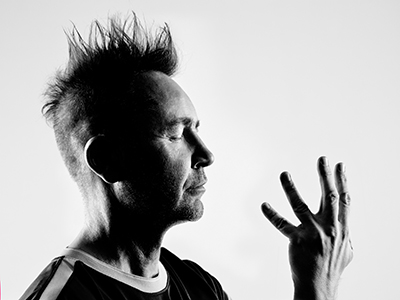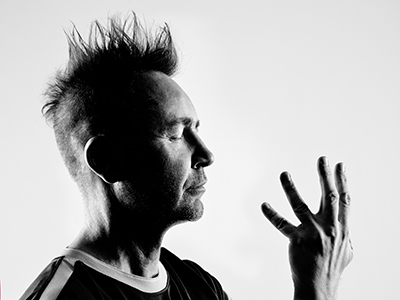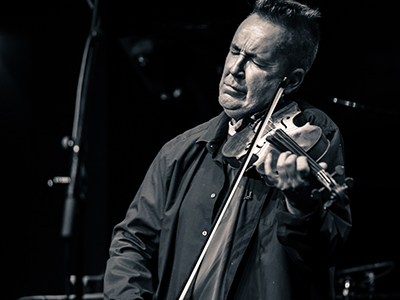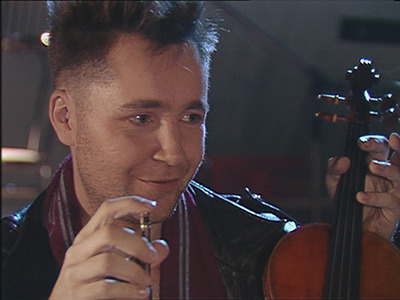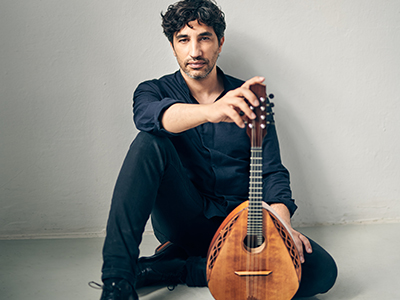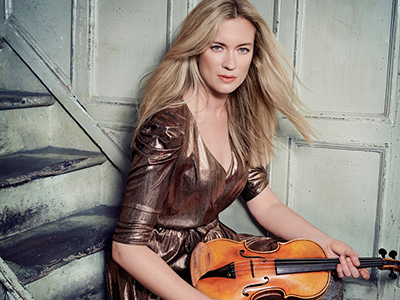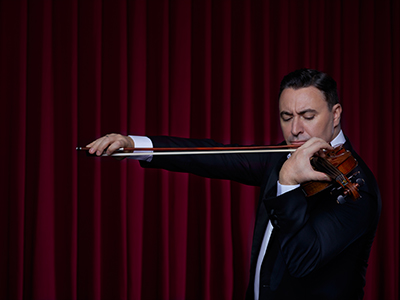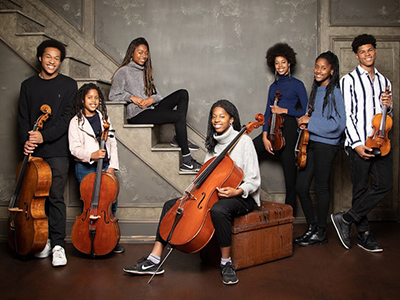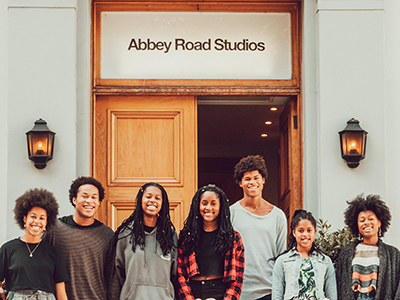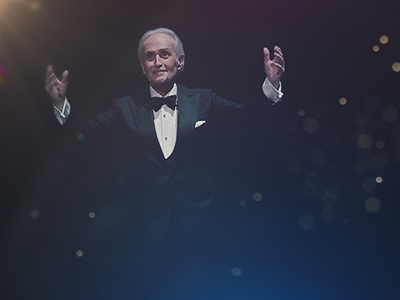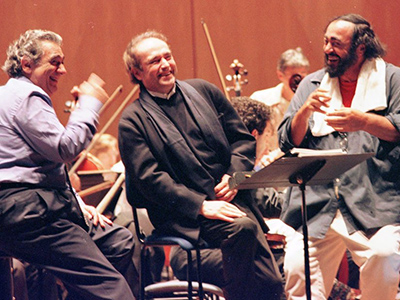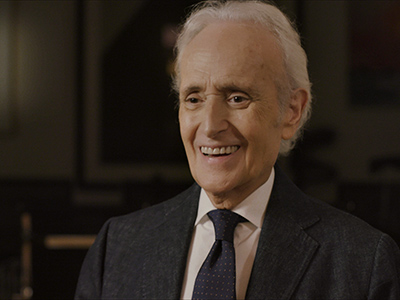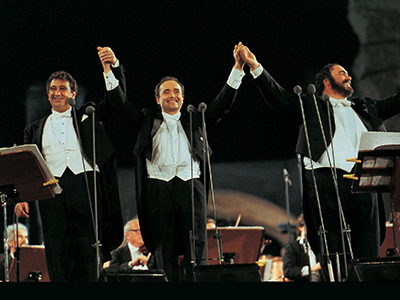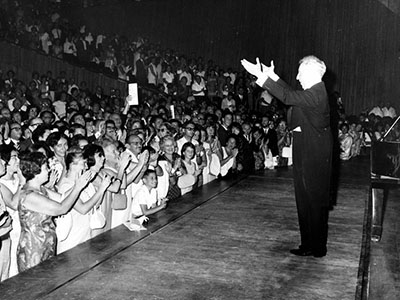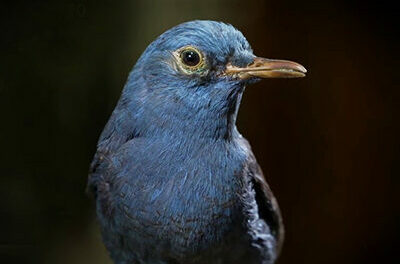
The Voice of the Birds – Olivier Messiaen, Componist and Ornithologist
The Voice of the Birds – Olivier Messiaen, Componist and Ornithologist
A film by Holger Preusse and Philipp Quiring, SWR/ARTE, 52 min, 2022For Olivier Messiaen, birds are “the greatest musicians inhabiting our planet”. Their endless melodies with the finest tonal gradations, their diverse singing and the infinite variety of rhythms are the lifeblood of the French musician. On the occasion of the 30th anniversary of his death on 27 April 2022, we tell Olivier Messiaen’s story from the perspective of the birds.
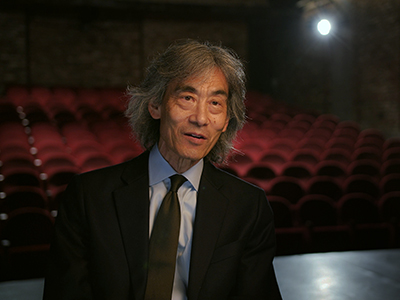
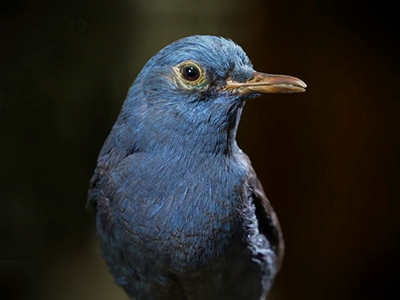
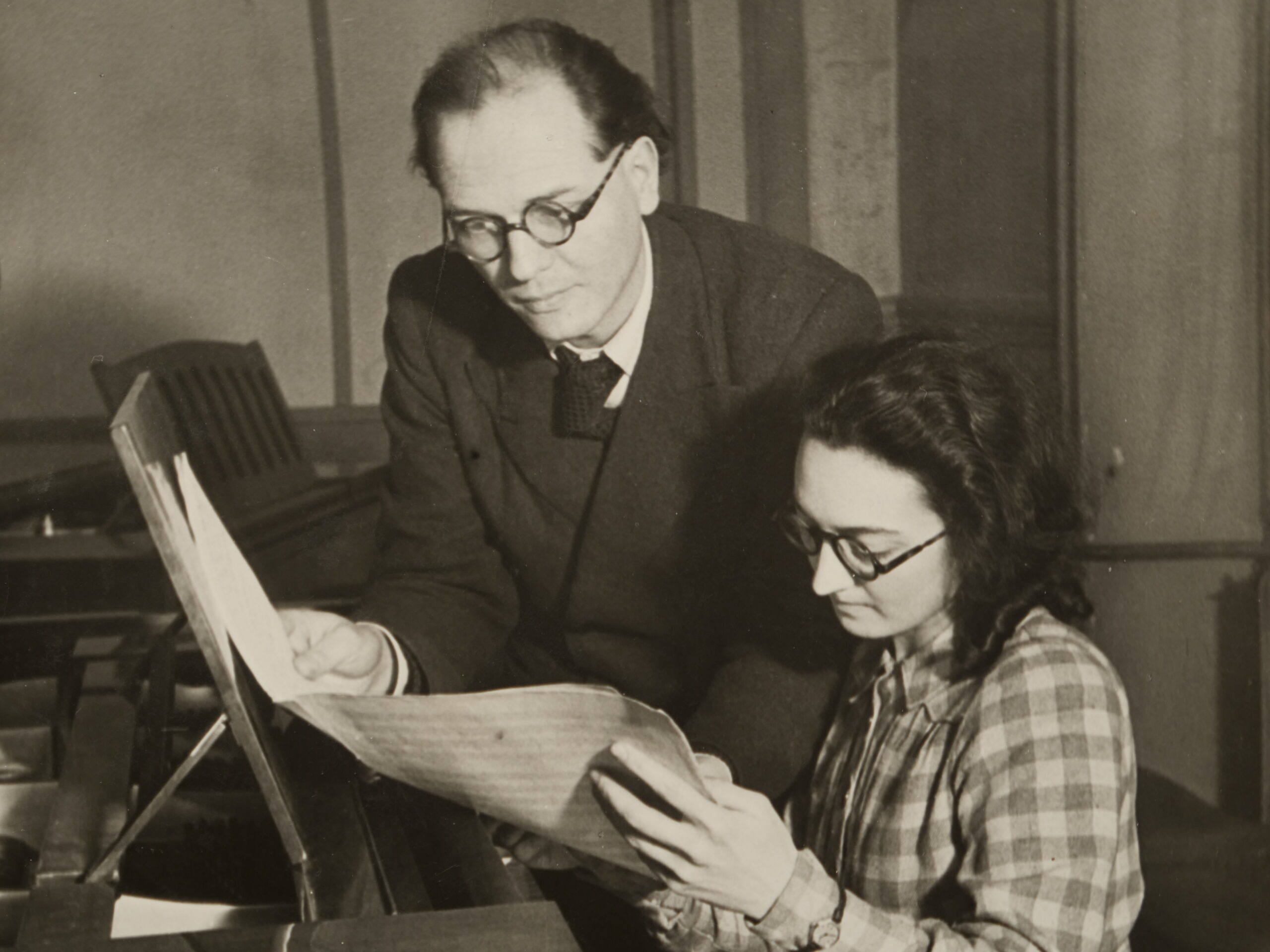
Messiaen became acquainted with birds at a young age, and when he came to Paris from the French provinces in his early 20s, they continued to flutter in his head. As organist of the parish church La Trinité in Paris, it is the birds that provide him with their songs, over which he improvises. Music lovers from all over Europe make a pilgrimage to see him. The premiere of his opera in Paris in 1983 is awaited with great excitement: In “Saint Francis of Assisi” (“Saint François d’Assise”), birds play a central role. For him, the birds are something metaphysical, a direct link to God.
Against the background of the “Voice of the Birds”, the film portrays the eventful life of the composer and ornithologist Messiaen through musical examples and narratives of selected interlocutors: There is conductor Kent Nagano, cellist Camille Thomas, Ondes Martenot interpreter Natalie Forget and organist Thomas Lacôte, Messiaen biographer Peter Hill, DJ and biologist Dominik Eulberg and, last but not least, Pierre-Laurent Aimard, who vividly explains selected passages from Messiaen’s “Catalogue d’oiseaux” (“Catalogue of Birds”).




